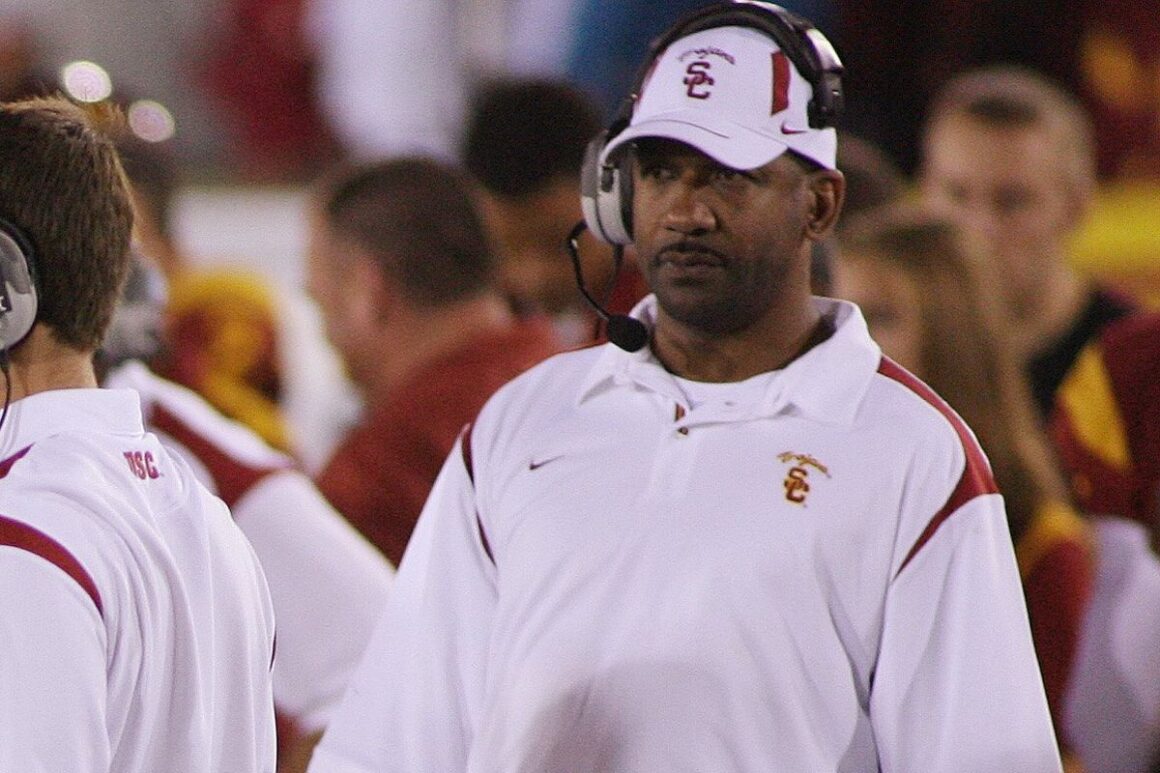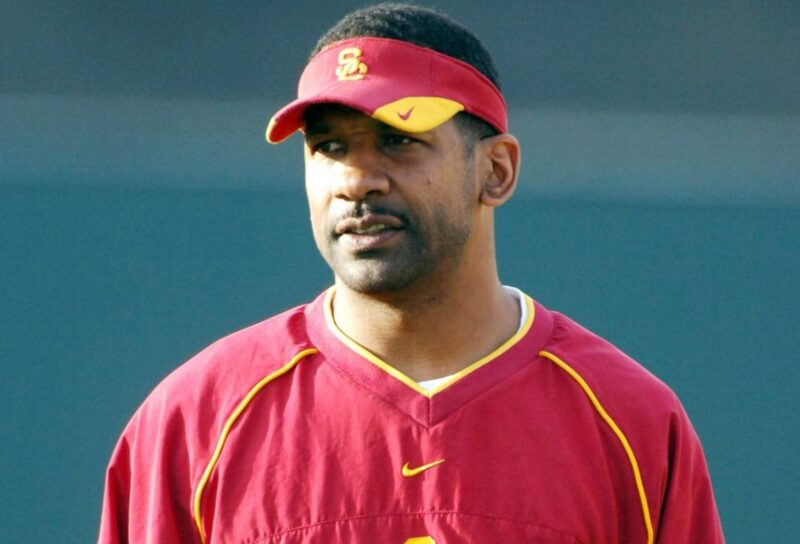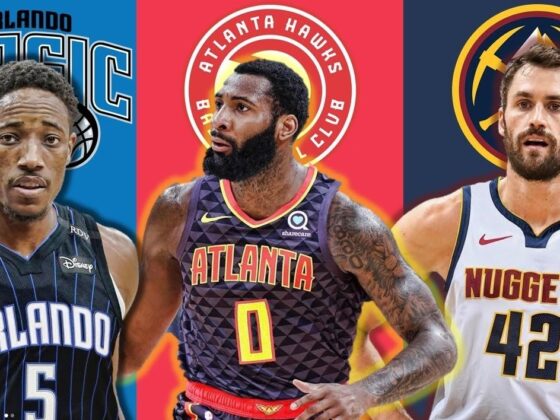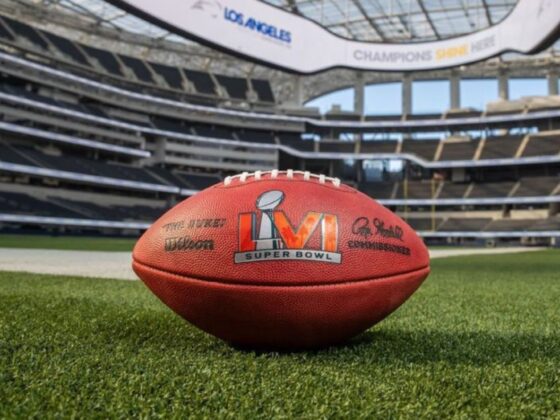Former USC football assistant Todd McNair, who was fired in 2017 amid allegations of sexual assault and fraud, has reached a settlement with the NCAA. The NCAA agreed to pay $7.5 million in damages to McNair and his attorneys after the defamation lawsuit that he filed against the organization.
The USC football assistant Todd McNair, NCAA settle defamation lawsuit is a story about former USC football assistant Todd McNair and the NCAA.
11:00 a.m. ET
- Schlabach, Mark
Close
Senior Writer for ESPN
- Senior writer for college football
- Author of seven college football books
- The University of Georgia has awarded me a bachelor’s degree.
- Kyle Bonagura is an actor who has been in many films.
Close
ESPN Contributor
- The Pac-12 is covered.
- In 2014, he joined ESPN.
- Washington State University was her alma mater.
The NCAA and former USC football assistant coach Todd McNair have settled a defamation suit filed by McNair, whom the NCAA accused of breaking ethical conduct rules during its investigation into whether former Trojans star Reggie Bush and his family received improper benefits while playing in college, the sides announced on Monday.

Mediation was used to achieve an agreement. McNair sued the NCAA in a California court more than a decade ago, claiming that NCAA officials “arbitrarily and capriciously chose to destroy [his] career to promote their own goal.” Libel, defamation, breach of contract, and carelessness were among the claims he made.
Attorneys representing McNair and the NCAA stated in a joint statement on Monday that “after 10 years of litigation, both sides have come together to settle this issue to the mutual satisfaction of all parties concerned.”
The settlement’s financial details were not immediately disclosed. McNair, 55, is currently the running backs coach for the Tampa Bay Buccaneers of the National Football League.
McNair’s long-running case against the NCAA, which was launched on June 6, 2011, has been settled, just as Bush is fighting for the restoration of the Heisman Trophy he earned while playing at USC in 2005.
“I am a firm believer that I won the Heisman Trophy’solely’ because of my hard work and dedication on the football field, and I am also a firm believer that my records should be reinstated,” Bush said in a statement earlier this month, as student-athletes across the country began profiting off their name, image, and likeness.
Bush’s Heisman Trophy was returned after a four-year extra-benefits inquiry found that he and his family members received cash, travel costs, and a house in the San Diego region where his parents lived rent-free for more than a year and were given $10,000 to decorate while he was a student-athlete.
Bush was forced to dissociate himself from USC as a result of the NCAA probe, which resulted in a two-year playoff suspension, 14 voided wins (including the 2004 BCS national title), and the loss of 30 scholarships. In June 2023, his 10-year period of disassociation came to an end.
The NCAA’s appeal of a trial court’s declaratory judgment and order allowing McNair’s request for a new trial was rejected by a three-judge panel of the Second Appellate District Court in Los Angeles in February. The NCAA was also ordered to pay the expenses of the appeal by the appeals court.
Following a three-week defamation trial resulting from McNair’s alleged participation in the Bush extra perks scam, a jury in Los Angeles found in favor of the NCAA in May 2019. But, with insufficient evidence to support the initial conviction and apparent prejudice from a jury, Los Angeles County Superior Court Judge Frederick Shaller ordered a fresh trial.
McNair “knew or should have known” that Bush was engaging in rules breaches with a would-be agent while playing at USC, according to a 2010 report by the NCAA Division I Committee on Infractions, and McNair “gave incorrect and misleading information to the enforcement staff.” As a consequence, it imposed a one-year show-cause penalty and a one-year recruiting restriction on McNair, which McNair’s attorney, Scott Tompsett, said effectively terminated his coaching career.
The NCAA determined that McNair knew Bush was breaking NCAA regulations by accepting illegal advantages from Lloyd Lake, a convicted criminal, and his accomplice Michael Michaels, who had established a sports agency and marketing firm.
The NCAA’s Committee on Infractions stated a 2-minute, 32-second phone conversation between McNair and Lake at 1:34 a.m. on Jan. 8, 2006 “especially disturbed” it. Lake said he called McNair to intervene with Bush to get him to keep his commitment to sign with his agency. McNair stated he didn’t recall the content of the conversation; Lake claimed he called McNair to intercede with Bush to get him to keep his promise to sign with his agency.
McNair and Lake had a common connection with comedian and actor Faizon Love, according to the NCAA, as well as a picture of McNair, Love, Lake, and Michaels shot on Michaels’ phone and three 1-minute phone conversations McNair made to Lake on March 29, 2005.
“The fact that the two men talked, shared a famous buddy, and posed for the same picture are clearly not proof that McNair had knowledge of the agency and illegal perks, which is the only way his denials would violate NCAA regulations,” the appeals court said in its decision.

 Senior Writer for ESPN
Senior Writer for ESPN
